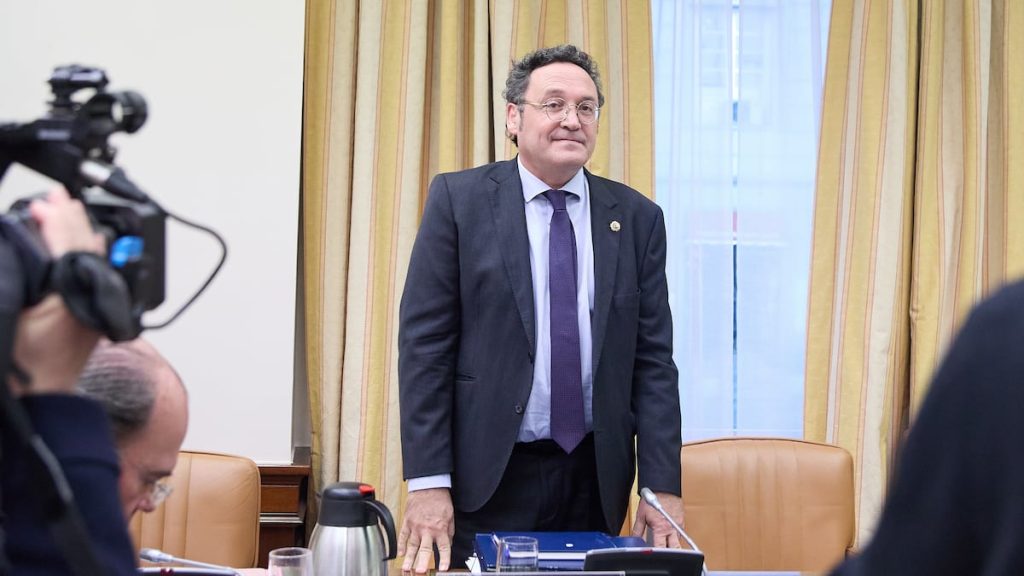The Supreme Court has rejected the recusal requested by the Attorney General of the State, Alvaro García Ortiz, against four of the five judges who must decide on the appeal filed by a judicial association against his appointment as head of the Prosecution. The recusal was deemed untimely according to Article 223.1 of the Organic Law of the Judiciary, which states that recusal must be raised as soon as the cause is known, otherwise it will not be admitted. The arguments for recusal by García Ortiz were based on events from November 2023, but were not raised until March of the following year. The judges in question had previously annulled the promotion of Dolores Delgado to the highest category of the career, citing abuse of power by the Chief Prosecutor to benefit her predecessor. García Ortiz believes they are not impartial in considering his reappointment due to this previous ruling.
The recusal will be resolved by the so-called Room 61 of the Supreme Court, composed of the five presidents of the rooms and the most senior and newest judges of each. The APIF opposed the recusal, and the State Attorney did not submit arguments, while the four judges in a joint report stated that the recusal was clearly untimely, a position upheld by the instructor. The instructor pointed out that it is unimaginable that the Attorney General was not aware of the previous ruling annulling his appointment. The tensions between the Attorney General and the Supreme Court have increased recently, with clashes between the Chief Prosecutor and the Association of Prosecutors, which is conservative and the most representative of the career. The appointment of a new military prosecutor at the Supreme Court, after the nullification of Dolores Delgado’s appointment, sparked further controversy.
The AF refused to participate in the appointment process, arguing that the previous ruling did not call for a new vote by the council members but rather for the Attorney General to propose a candidate from the previous pool. The Attorney General’s proposal of Isabel Rodríguez Mateo for the position has led to dissent within the council. The appointment has the support of the UPF council members, the deputy prosecutor of the Supreme Court, and the head of Inspection. The tensions between the factions within the Association of Prosecutors have also affected the voting process within the council, leading to abstentions and disagreements.
The ongoing conflict between the Attorney General and the Supreme Court highlights the challenges within the judicial system and the relationships between key players. The issues surrounding the recusal process and the appointment of a new prosecutor at the Supreme Court reflect deeper concerns about impartiality, conflicts of interest, and adherence to legal procedures. The decisions made in these cases have far-reaching implications for the legal system and the perception of justice in society. As the situation unfolds, it remains to be seen how these conflicts will be resolved and what impact they will have on the functioning of the judiciary and the rule of law.


